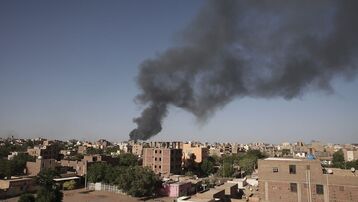-
Saudi Arabia amends anti-harassment law, to name and shame offenders

Saudi Arabia has recently amended its anti-harassment laws to include the naming and shaming of those found guilty by forcing them to publish their sentences in local media at their own expense.
The changes to the rules came in a statement from Saudi Arabia’s cabinet late last week which added a new paragraph to Article 6 of the Kingdom’s Anti-Harassment Law, stating that the judgment may be summarized in local newspapers at the expense of the convicted person.
“It is permissible to include the sentence issued determining the penalties referred to in this article and to publish its summary at the expense of the convicted person in one or more local newspapers, or in any other appropriate means, according to the gravity of the crime and its impact on society,” read the new amended article to the law, according to the Saudi Press Agency.
The amendment also includes clauses against those who file false harassment claims.
Many in the Kingdom have welcomed the news, saying it was long overdue
 Young Saudi women sit in a cafe at Abha High City. (Reuters)
Young Saudi women sit in a cafe at Abha High City. (Reuters)“The new defamation clause against the harasser is long overdue and now transforms the stigma from the victim to the harasser and this represents one of the paradigm shifts in perceptions in our society now in Saudi Arabia,” said Areej al-Jahani, an academic and writer who first called for the law more than two years ago on Al Arabiya.
The Kingdom’s Anti-Harassment law which came into effect in 2018 stipulates severe penalties, including imprisonment for up to 5 years and heavy fines on convicted persons, but did not include at the time articles that allow for the naming and shaming of harassers under any circumstances.
According to Saudi Arabia’s Human Rights Commission, the new changes to the law allows for the publishing of sentences against convicted harassers in one or more local newspapers, or in any other means.
source: Ismaeel Naar
Image source: Reuters
Levant
You May Also Like
Popular Posts
Caricature
Syrians' concerns now
- December 10, 2024
Syrians' concerns now #Syria
#Bashar_al-Assad
#Liberation_of_Syria
#Syrians
#Future_of_Syria
#Levant_News

opinion
Report
ads
Newsletter
Subscribe to our mailing list to get the new updates!





















